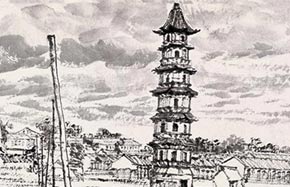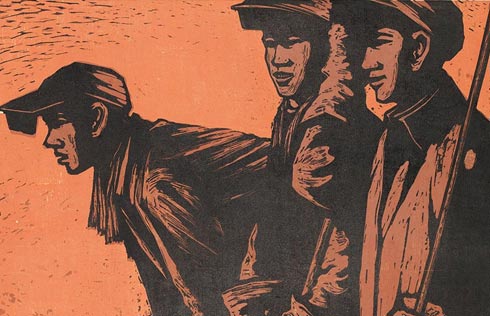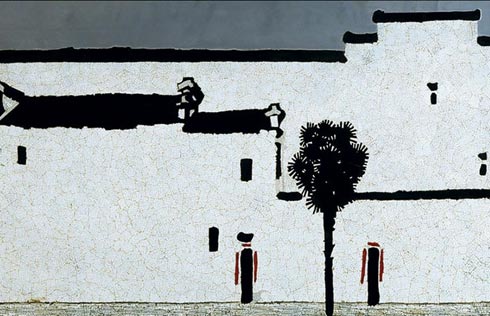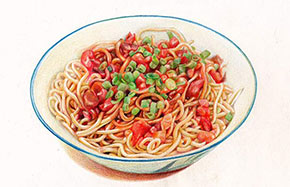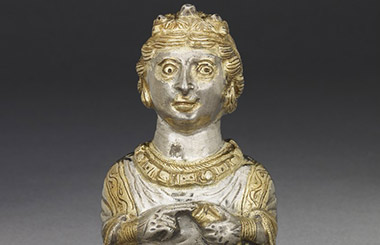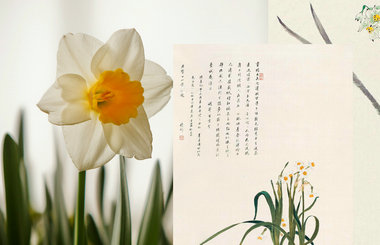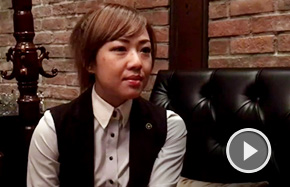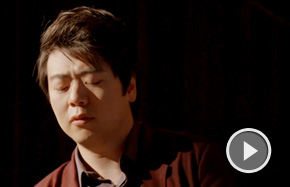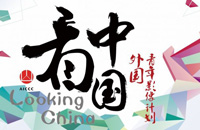He makes reading accessible
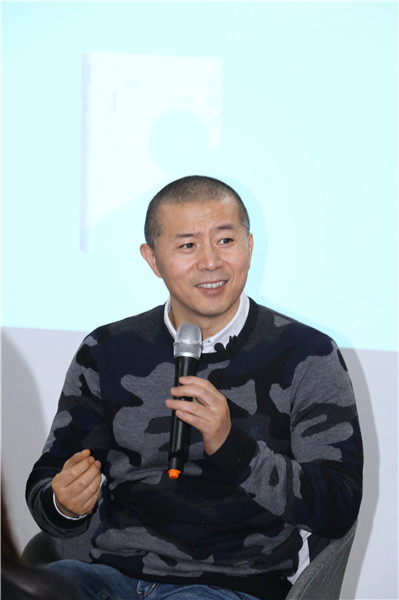 |
|
Writer Bi Feiyu, winner of the 2010 Man Asian Literary Prize, has a new book, Fiction Reading. [Photo provided to China Daily] |
Commenting on Bi's new work, Zhao Ping, an editor with the People's Literature Publishing House, the book's publisher, says: "His reviews and analyses are very interesting and offer readers not only a satisfying work, but the book convinces them completely.
"After reading him, you feel that he not only beats you in terms of reading and understanding a fiction text, but also makes you eager to learn more from him."
Meanwhile, Ding Fan from Nanjing University and Wang Yao from Suzhou University, the chief editors of the book, say that the publisher is planning a series of similar books by celebrated writers Zhang Wei, Yan Lianke and Su Tong.
In the foreword of the book, they write: "Writers' takes are different from the dogmas prevailing in Chinese schools and are free from rigid literary theories. They are full of life and details."
The chief editors also say in the foreword that they believe they are paving a new path for literary education in the country.
Bi agrees that his 30 years of writing enables him to analyze texts better.
Separately, one trend in China that could enable similar books to gain popularity is the fact established writers are often invited to university campuses.
For instance, Wang Anyi has been to Fudan University; Yan Lianke and Liu Zhenyun have taught in Renmin University and Mo Yan and Su Tong have been to Beijing Normal University.
Asked if literature writing can be taught, Bi says: "Reading is where I find my main source of inspiration."
Bi also says that reading is how he sharpened his instincts.
Bi, who was born in 1964 in Jiangsu province, says he started writing poetry in the 1980s and turned to novels in 1987.
His father, a Chinese teacher, was a source of early inspiration, he says.
"My father showed me that The Necklace had a powerful ending at age 8 or 9."
Bi's latest work reveals a lot about his reading and writing experiences, about how he created the character Yu Xiu, the younger sister of Yu Mi in Three Sisters, and his life as a fiction writer.
Bi's novellas The Moon Opera and Three Sisters, and novel Massage have won him prestigious awards both at home and abroad, including both the Mao Dun and the Lu Xun literature prizes, and the works have been translated into many languages.
Finally, to sum up Bi, the PaperRepublic website does it well when it says: "He often writes like he talks. His prose can be meandering and his metaphors indulgent, but his ability to reproduce colloquial language in print and his interest in 'commonplace' characters means that his work presents a wealth of truly relevant human detail to the reader."
Contact the writer at meijia@chinadaily.com.cn




